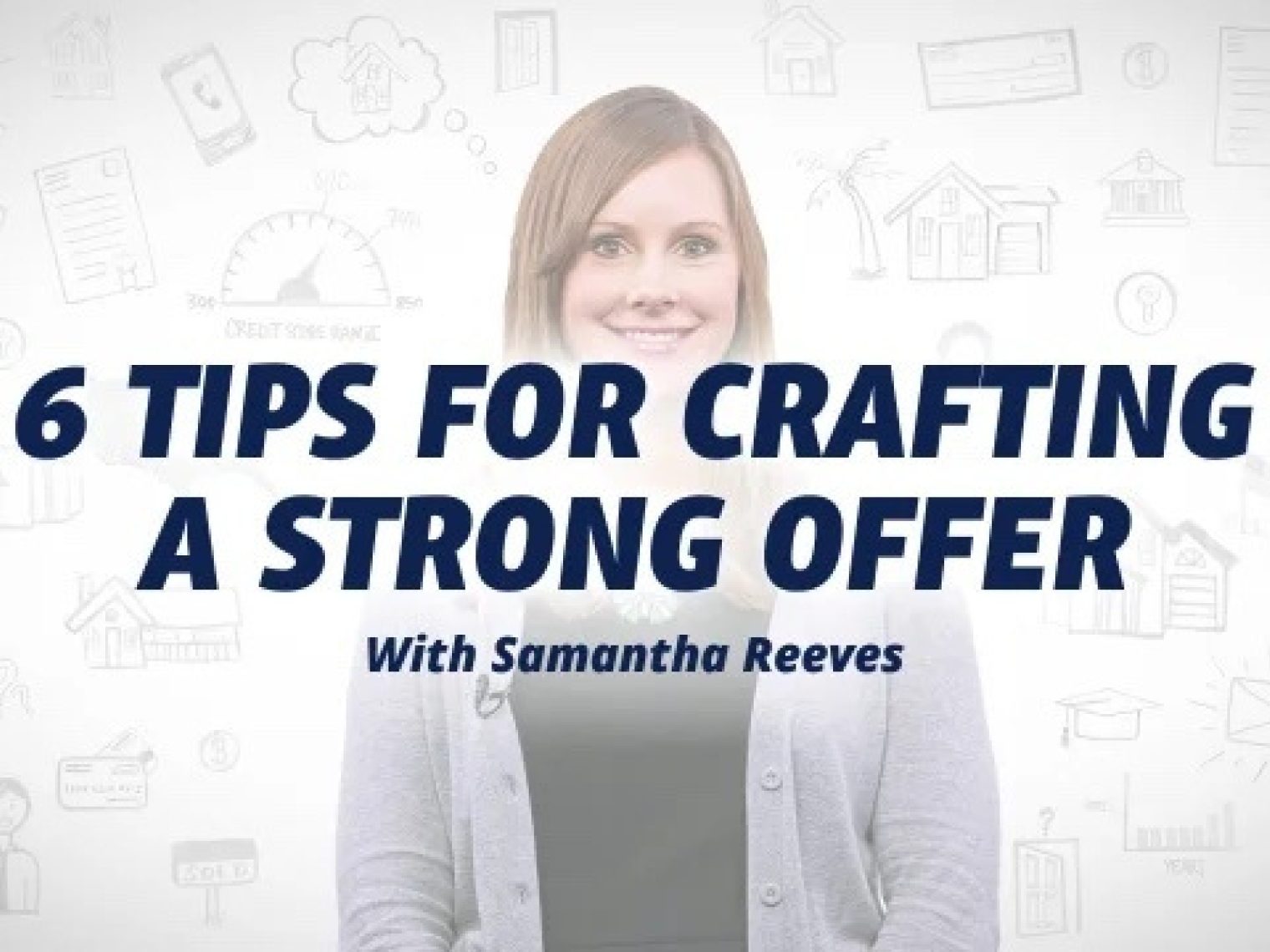- Selling your current home is the simplest path to secure a second VA loan.
- Veterans can keep their current home and purchase a second home with a VA loan using second-tier entitlement.
- A down payment may be required if you don’t have enough second-tier entitlement.
Many Veteran homeowners reach a point where buying another home becomes a real possibility. Whether you're relocating, expanding your family or exploring rental income opportunities, it’s feasible to use your VA loan benefit again under the right conditions.
Can I Use a VA Loan for a Second Home?
Yes, getting a VA loan for a second home is possible, but there are limitations.
One of the most common circumstances is when an active-duty service member receives Permanent Change of Station (PCS) orders. Instead of selling their current home, some VA borrowers choose to keep it and use their VA loan benefit again to purchase a new primary residence in their new location. In this case, the original home may become a rental property or serve as a second residence.
But how does using a VA loan for a second home actually work? In this guide, we’ll break down how VA loan entitlement plays a role, the rules around occupancy and the common situations where you may be eligible for a second VA loan.
How to Get a Second VA Loan
Getting a second VA loan will vary depending on how you intend to handle your first property.
If you want to buy a second home with a VA loan, you must intend to occupy it. There are no VA guidelines surrounding how long you must live in the house before you can sell it, but most VA lenders cite a 12-month minimum in the paperwork.
If You’re Selling Your Home
Selling your current home is one of the easiest ways to get a second VA loan because it helps you meet two key requirements:
- Restoring your full VA entitlement by paying off your existing VA loan with the sale proceeds
- Demonstrating intent to occupy the new home as your primary residence, since you’ll no longer live in the previous one
As long as your first home is sold and the original VA loan is fully repaid, not through a short sale, you can typically restore your full entitlement and use the VA loan benefit again with no down payment and no loan limit (in most cases).
After you have completed the home sale, most VA lenders will automatically request an updated Certificate of Eligibility (COE) so that your 0% down with no loan limit benefit applies to your new VA mortgage. Still, it’s a good idea to double-check that your lender is using the updated COE to avoid any delays or issues during the loan process.
If You’re Keeping Your Home
The timing of buying a second property with a VA loan is very important if you intend to keep both properties. It can be difficult to qualify for another VA loan if you already have one in your name, but it’s possible. Technically, you are buying a new primary residence and leaving your previous home as your second home.
VA loans have occupancy rules that restrict buyers from buying with the intent to use the property for income-producing purposes. But it's possible to buy with a VA loan, live in the property as a primary residence for a while and then rent it out to others upon relocating.
To buy again while keeping your first property, you must rely on second-tier entitlement (aka bonus entitlement) for your new VA loan unless you paid off your previous VA mortgage or invoked what is known as a one-time restoration of entitlement.
One-time restoration lets you fully restore your VA loan benefit even if you keep the home instead of selling it. For example, let’s say you’ve paid off your original VA loan but want to hang onto the home as a rental. You can request a one-time restoration and use your full entitlement again to purchase a new primary residence with no down payment. Just note that this option is only available once unless you eventually sell the property tied to the restored benefit.
If you don’t have full entitlement available, the amount you can borrow with no down payment is subject to VA loan limits. Most VA lenders require that the VA guarantee at least 25% of the loan amount to offer the 0% down payment. That means the loan amount on your second VA loan will be capped based on how much entitlement you have left.
For example, if you have $70,000 in remaining entitlement, that would support a VA loan of up to $280,000 with no down payment (since $70,000 × 4 = $280,000). If you want to buy a $350,000 home instead, the lender would likely require a down payment to cover the shortfall. Because 25% of $350,000 is $87,500, you’d need to bring the difference ($17,500) out of pocket to meet the minimum guarantee.
If you plan on keeping your home and buying again, your lender will still need an updated COE. While most experienced VA lenders handle this automatically, it’s still a good idea to confirm they’re using the most up-to-date COE. Your lender can then help you determine how your remaining entitlement affects your new VA terms.
You can easily estimate how much VA loan benefit you have left with Veterans United’s VA loan entitlement calculator.
If You Foreclosed on Your First Home
Experiencing a foreclosure on a VA loan doesn’t automatically disqualify you from using your benefit again. However, there are some important limitations and requirements to be aware of before applying for another VA loan:
- Most VA lenders require a minimum two-year waiting period after a foreclosure before you can qualify for another VA loan.
- Understand that you've lost some of your VA entitlement through foreclosure and can only restore it if you pay the Department of Veterans Affairs (VA) in full
- Some lenders offer flexibility if the foreclosure was tied to extenuating circumstances, such as a serious illness, job loss or the unexpected death of a spouse.
If you’re considering another VA loan after foreclosure, Veterans United can review your COE, assess your remaining entitlement and walk you through next steps based on your credit profile and eligibility.
Funding Fee for a Second VA Loan
The VA Funding Fee is tied to each VA loan and helps fund the program for future Veterans and service members. Unless you qualify for an exemption, you’ll be required to pay the funding fee for each VA loan you take out.
For most buyers using a VA loan for the second time, the funding fee is 3.3% of the loan amount with no down payment. However, making a down payment can reduce the fee. Here’s a quick breakdown:
Subsequent VA Loan Funding Fee Requirements
| Down Payment | VA Funding Fee |
|---|---|
| 0% to 4.99% | 3.3% |
| 5% to 9.99% | 1.5% |
| 10% or more | 1.25% |
In most cases, the more money you put down, the smaller the funding fee will be. You can use our VA Funding Fee calculator to estimate how much you will pay.
Secure a Second VA Loan With Veterans United
Using your VA loan again can feel a little more challenging than your first time around, but you don’t have to figure it out alone. Whether you’re relocating, upgrading or keeping your current home as an investment, our team at Veterans United is here to help you navigate the VA loan process as a second-time homebuyer.
Ready to see if you qualify for a second VA loan? Talk to a Veterans United VA loan expert at 855-870-8845 or get started online today.
How We Maintain Content Accuracy
Our mortgage experts continuously track industry trends, regulatory changes, and market conditions to keep our information accurate and relevant. We update our articles whenever new insights or updates become available to help you make informed homebuying and selling decisions.
Current Version
Sep 8, 2025
Written ByMitch Casteel
Reviewed ByTara Dometrorch
Minor article updates to improve overall understanding and funding fee information. Content fact checked by team lead underwriter Tara Dometrorch.
Veterans United often cites authoritative third-party sources to provide context, verify claims, and ensure accuracy in our content. Our commitment to delivering clear, factual, and unbiased information guides every piece we publish. Learn more about our editorial standards and how we work to serve Veterans and military families with trust and transparency.
Related Posts
-
 How to Make an Offer on a HouseOnce you’ve found the right home, you need to know how to put together a purchase offer. Learn tips for putting an offer on a house with a VA loan.
How to Make an Offer on a HouseOnce you’ve found the right home, you need to know how to put together a purchase offer. Learn tips for putting an offer on a house with a VA loan. -
 4 Tax Breaks for Homeowners for 2025Owning a home not only offers a sense of security but can also lead to significant tax savings. Discover the top tax deductions and credits available to homeowners so you can enjoy the perks of homeownership – even at tax time.
4 Tax Breaks for Homeowners for 2025Owning a home not only offers a sense of security but can also lead to significant tax savings. Discover the top tax deductions and credits available to homeowners so you can enjoy the perks of homeownership – even at tax time.

